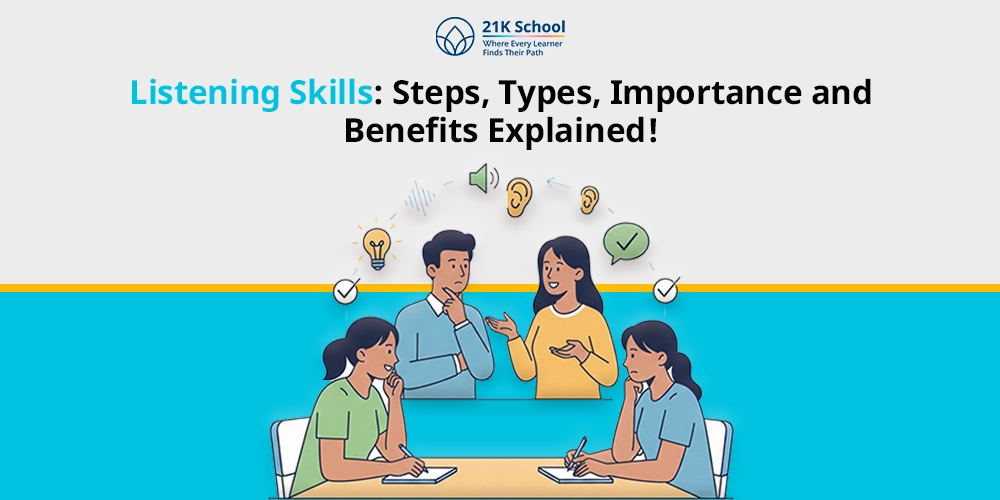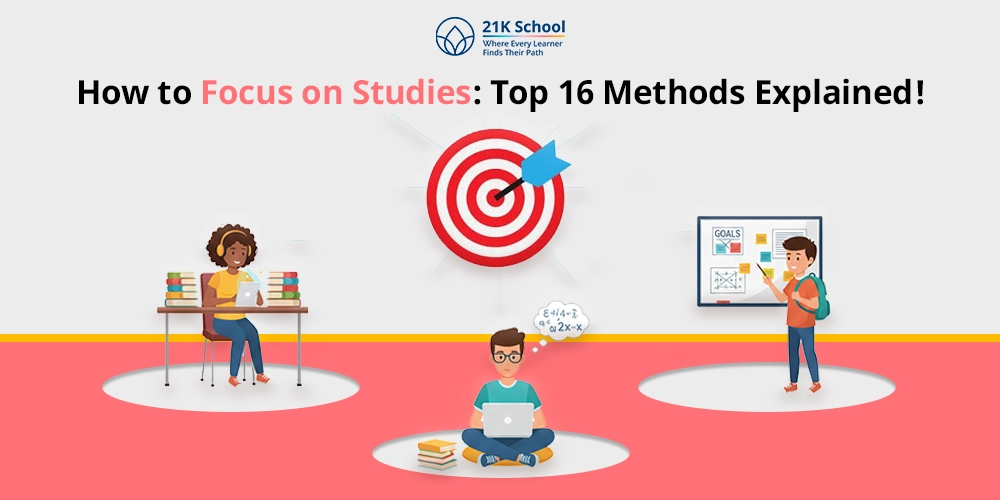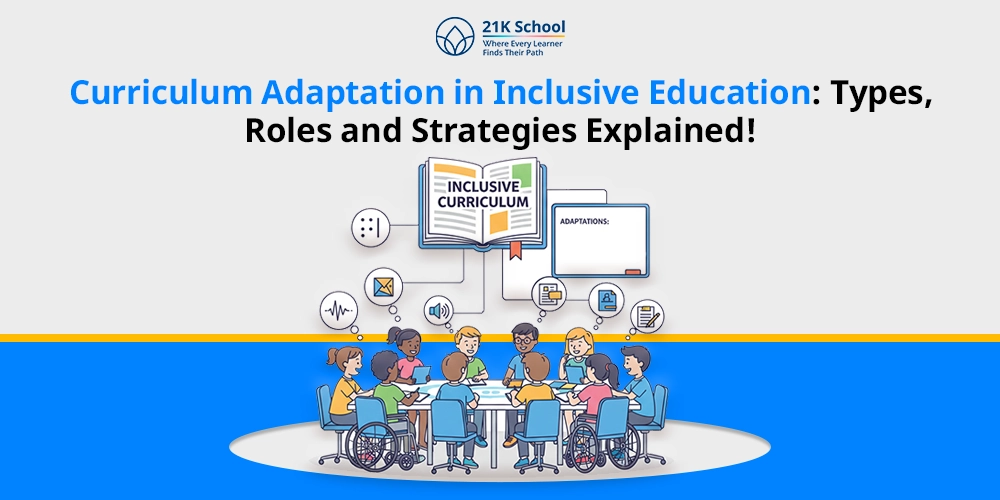
People have long considered higher education to be quite valuable. It was seen as the way for one to have a bright future. Children were told that the more they studied, the better life they’d have. However, things now are much different.
Developing one’s skills, in addition to having the needed knowledge, holds much value. People these days need jobs to afford a great life, and jobs need more than qualifications.
A 2023 report states that only 45% of job seekers with a graduate-level education actually meet the demands of the industry.
Higher education is becoming increasingly irrelevant when it comes to providing the opportunity to attain financial stability and a successful career or opportunities for the same.
Contents
- Factors Impacting the Change
- 1. Change in the Demand for Skills related to the Job Market.
- 2. Involvement in high-cost
- 3. Outdated curriculum
- 4. Emergence of alternative Educational options
- 5. Significance Of Soft Skills and Experience
- 6. Over-Qualification and Under-Employment
- 7. Increase in the Use Of Artificial Intelligence and Automation.
- 8. Focus On Personal Development and Self-Learning.
- Contemporary market and changes
- Keeping Higher Education Relevant
- Conclusion
Factors Impacting the Change
Several factors play a significant role in this change. As a solution to this various alternative pathways for learning and gaining skills have been put in place.
These have brought about a significant change in the way people approach higher education, as well as their overall careers.
Let us explore the various factors that impact the relevance of higher education in the current scenario and evolving perceptions.
- The traditional education does not change as easily as the trends. Be it in tech or sciences.
- The employers now seek
- Excelling in a niche skill set is more valuable when seeking a job.
The differences have thus changed the way people deal with the need for possible higher education in the traditional way.
2. Involvement in high-cost
- Higher education can be quite costly for people to enrol in.
- Many students often have to take out a loan to complete their education the traditional way.
- Taking a loan leads to a lot of struggle. Since students have to repay the amount after completing their studies.
- The crisis created by continuing higher education makes people wonder if higher education is worth it.
People nowadays are hence opting for a career path that does not require them to have extensive higher education, for it spares them the financial burden and associated risks and crises.
3. Outdated curriculum
- Education institutes have their own curriculum, which at the current time does not essentially prepare students for the demands of the contemporary job market.
- The students mostly gain extensive theoretical knowledge, while experience and practical skills are considered to be more valuable in the industries.
- Evolving technology and things emerge every day. It has institutions failing to keep up with relevant topics that bring value to the students.

4. Emergence of alternative Educational options
- People with skills currently hold more value over educational qualifications. The many online courses and training programs help one develop it.
- These allow one to have extensive experience without having to spend a lot of time on the same.
- These are affordable. Provide people with extended flexibility.
- The targeted approach to learning helps people develop the needed understanding.
- It is recognised and chosen by many.
- It not only challenges the usual approach but also allows one to be better or at par.

5. Significance Of Soft Skills and Experience
- Employers today want skills. They want proper communication. They seek problem-solving abilities. Employers value the ability to work in teams and encourage adaptability.
- Academic qualifications and credentials have little worth without skills when one is evaluated.
- It is seen across numerous industries. It shows that one’s skills are all that matter in real situations. As a whole, it also contributes to the lessening need for higher education.
Read, Develop a Childs Problem Solving and Analytical Skills to how we can develop these necessary skills.
6. Over-Qualification and Under-Employment
Many people face the same issue. Following up with higher education mostly makes one overqualified for a role of their interest. Underemployment simply places a challenge for all. People, when they find themselves a job not relevant to their degree, become frustrated.

7. Increase in the Use Of Artificial Intelligence and Automation.
Automation and artificial intelligence in education can easily simplify numerous activities that might require the help of individuals. It is hence taking over repetitive tasks and causing a reduction in the opportunities available.
Hence employers seek skills that cannot easily be automated and require one to have critical thinking ability, a creative mind, and the ability to problem solve.
8. Focus On Personal Development and Self-Learning.
People in the current time often seek out the very alternative resources to build upon their skill set. Alternative resources not only happen to be cheaper but also allow one to improve upon their skill set in a very short time.
Besides exploring new topics and developing an individual’s personal or professional interest. It brings people opportunities to explore things.
With the many resources available on the internet. People acquire new skills. They compare it to current higher education.
Contemporary market and changes
The job market is now changing. Employers seek a wide range of skills. Thus, the competition for these opportunities increases.
People with a unique skill set stand out from the crowd. They tend to gain the opportunity of their interest.
Keeping Higher Education Relevant
In the current times, reports state that India has close to a 60%-73% demand-supply gap. Specifically, in key roles such as that of data scientist, DevOps engineer, ML engineer, and data architect.
Such gaps need to be addressed efficiently to create stronger collaboration between institutions and employers.
It is so that not only do universities come up with curriculums that are relevant to the needs of the students and employers, but also provide the employers with the opportunity to bring members onto the team who happen to be well informed and skilled regarding the various relevant approaches with the education.
Conclusion
The world is changing rapidly and people seek factors such as flexibility, relevance, and affordability.
Higher studies in these cases can only continue to be relevant if they provide students with the necessary skill set and related information that allows them to better understand things and gain access to valuable opportunities.



